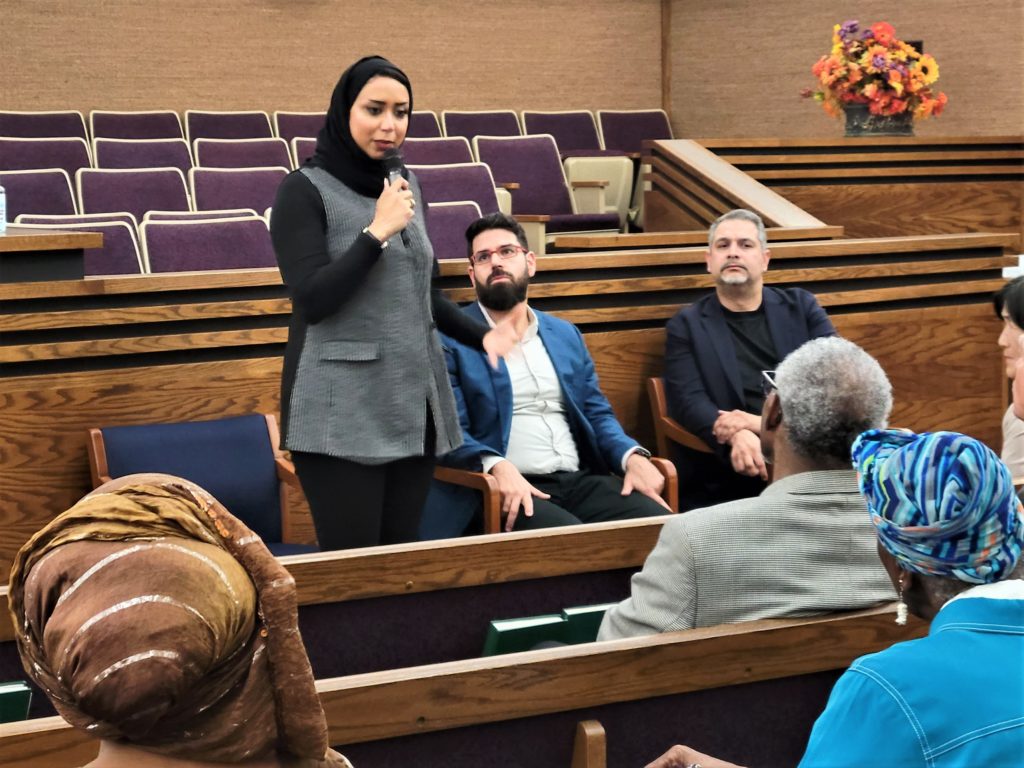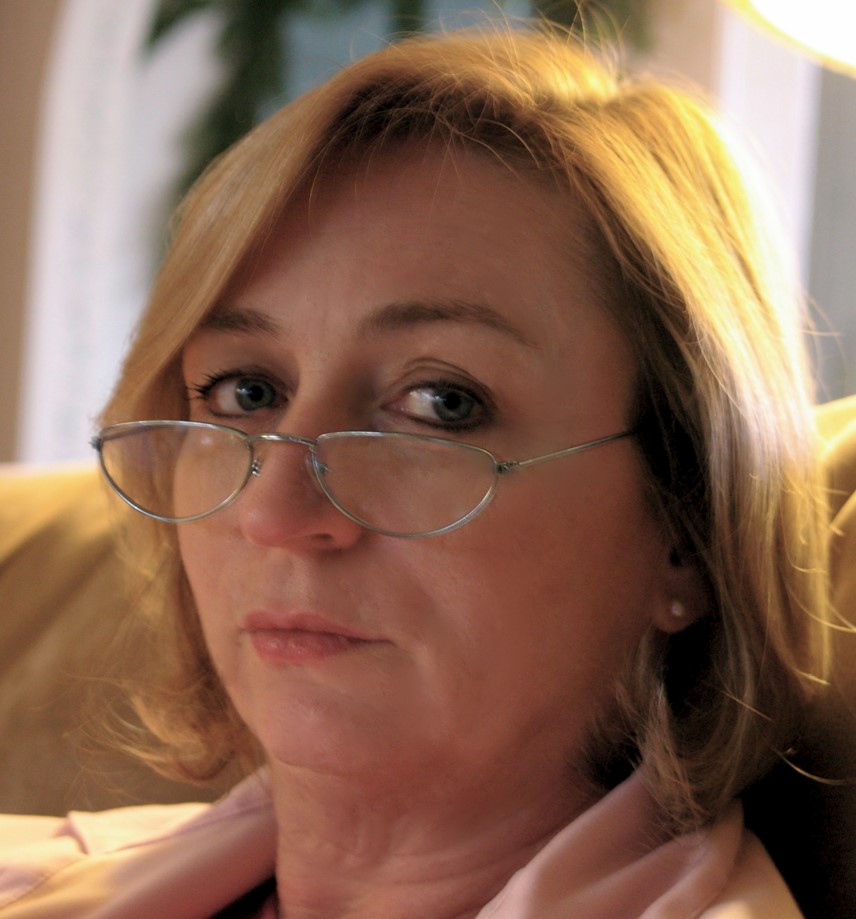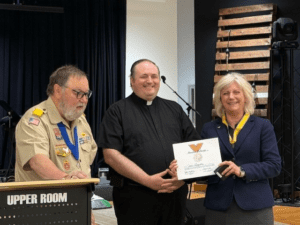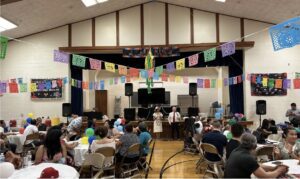Sharaka Delegation Visits North Texas to promote the Abraham Accords
Delegates from Israel, Morocco, United Arab Emirates and Bahrain hope to build relationships and strengthen bonds in the Middle East
Featured Photo: Members of the Southern Dallas Interfaith Council with Sharaka delegation and supporters. Photos by Jim Brunson.
Few of us can imagine receiving death threats for simply talking to a person of another religion. Or being forbidden from entering a neighboring country because of our citizenship. Or losing a business partner because of our associations with a peace-seeking group.
These obstacles and many more face members of an organization called Sharaka, (an Arabic word meaning “partnership”). Members are working to build relationships between Israel and its Middle Eastern neighbors. Delegates from Israel, Morocco, United Arab Emirates, and Bahrain travel widely to show the world how the Abraham Accords are strengthening bonds in the Middle East.
The Abraham Accords are new, signed first in August and September 2020. The name comes from the fact that Jews, Christians, and Muslims all worship the God of Abraham. This US Department of State page includes links to the agreements signed so far.

The country of Israel has only existed since 1948. However, many other countries in the Middle East or with Muslim majorities have never recognized Israel, making travel and trade between countries difficult or impossible.
On March 30, a four-member delegation of Sharaka leaders came to Duncanville on a Texas tour. The meeting, held at The Church of Jesus Christ of Latter-day Saints and hosted by Southern Dallas Interfaith Council members, included attendees from diverse communities.
Dan Feferman, from Israel, is Sharaka’s Executive Director. When Israelis learned about the Accords, “We were crying with tears of joy” because Jews pray for peace three times a day. “We focus on the positive,” he continued “and the 99% of things we have in common.” He noted that before the Accords were signed, while the governments were communicating, the people could not get to know each other “because we weren’t allowed to.” Dan believes that the success of these agreements has come from the nature of the countries which have signed. Each has a king with high levels of support, and the countries are “pragmatic, tolerant, pluralistic.”
We focus on the postive and the 99% of things we have in common.
Dan Feferman, Sharaka’s Executive Director
Dr. Ahmed Khuzaie from Bahrain is Sharaka’s Political Affairs Director. A political consultant, his advanced degree is from the University of Osaka. Dr. Khuzaie explained the complex relationships between Iran, the United States, Russia, and China. He said there is greater trust in what the West can offer. He explained that relations with Israel began with sporting events in the Emirates and Bahrain. For example, for a FIFA meeting, a delegation from Israel was allowed to come. “It is just one thing at a time,” he said. While there is no way to know which country will sign next, Sharaka believes more will come.
Please share our message of peace.
Dr Ahmed Khuzaie, Sharaka’s Political Affairs Director
Fatema Al Harbi is also from Bahrain and serves as Sharaka’s Bahraini CEO and Gulf Affairs Director. A peace activist, she was the first Bahraini youth to visit Israel after the Abraham Accords were signed. When she returned, her social media were full of threats and hate mail, some accusing her of not being a Muslim. It was painful, but she added that after others began going, “They received only a tenth of the threats I did.” She is proud of her country, however, because Bahrain’s only synagogue in the Gulf region is 120 years old but needs no security. Their king donated land for the biggest Christian church in the Middle East.
Asked about the role of women in this peace process, Fatema said, “Actually, for Sharaka in Bahrain, we are all women but one man.” Fatema said she received the best possible education and experiences to make her the leader she has become.
Youssef Elazhari is from Morocco and serves as Sharaka’s Morocco Director. He is a marketing and advertising entrepreneur passionate about tech, education, and peacebuilding. He founded Fihria, an organization working to prevent girls from dropping out of school across Africa.

When asked about his views on religious liberty, Youssef said that Morocco is the only country in the region where Judaism is recognized in the constitution. He recently visited the Dallas Holocaust and Human Rights Museum. What saddened him was a depiction of genocides. One figure included a prayer rug and a laptop with the symbol of ISIS. He explained that this was taken from the stamp of the Prophet. Youssef believes his role is to explain to the world that Muslims “are not terrorists, and that prayer rug is not for terrorism, and that Prophet stamp is not a terrorist sign.” He concluded that “the irony of the story is that the word Islam came from the salam, which is peace. We are the peaceful people.”
The delegates know change will take time. Difficulties are not easily solved, but change is happening. One audience member felt a strong parallel with her own family’s history. Glenn Heights Mayor Sonja Brown shared her mother’s story: When she attended Bishop College in the 1960s (a historically Black school in Texas), she and other members of the school’s choir would sometimes skip dinner because they refused to enter through the back door of restaurants. “Just one generation later, her daughter is the mayor of a city,” Mayor Brown concluded.
Essential to the delegates was diversity. Besides various denominations of Christians, almost half the audience members were Muslims. Young adults also attended. Dr. Khuzaie, when asked what could be done to help in Sharaka’s work, concluded, “We now have you all as our ambassadors. Please share our message of peace.”
Mary Ann Taylor is communications director for the Dallas Texas Stake of The Church of Jesus Christ of Latter-day Saints living in Duncanville.








